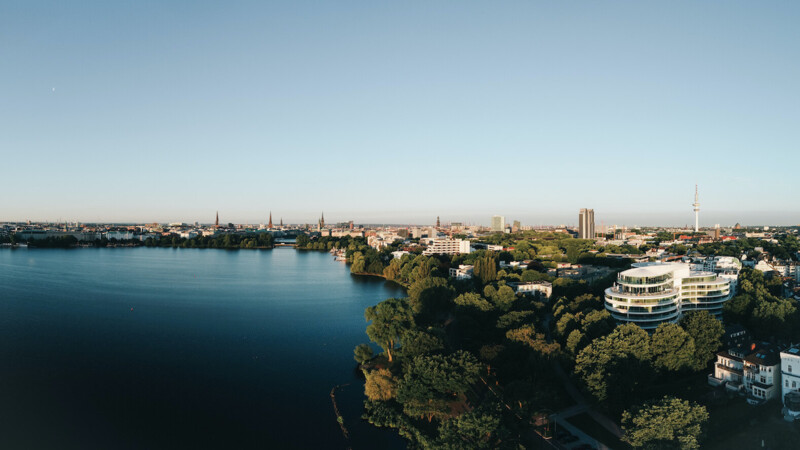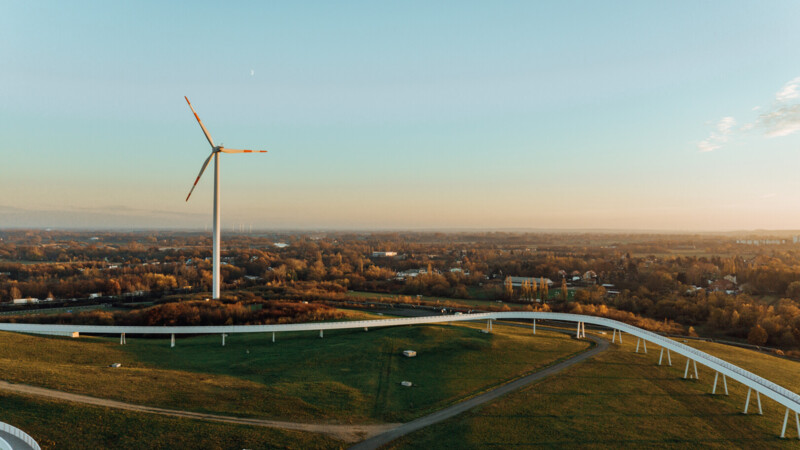"The study shows impressively the huge potential for photovoltaic expansion in Hamburg. We were the first federal state to make solar energy legally compulsory. The law has applied to new buildings since early this year. Unlike most other federal states, we will bring forward the PV obligation for existing buildings to 2024," said Jens Kerstan, Senator for the Environment, Climate, Energy and Agriculture. Nevertheless, Hamburg must step up its efforts to make sensible use of densely populated areas for the expansion of renewable energies. In addition to decarbonising industry and transport, more solar energy is the key to the energy transition.
Rooftop photovoltaic systems hold most potential, study by Cluster Erneuerbare Energien Hamburg (EEHH) finds
Solar energy could meet about two thirds of the demand for electricity on 8 per cent of the Hamburg area, a study done by researchers at the Hamburg University of Technology (TUHH) and the Hamburg University of Applied Sciences (HAW), commissioned by the Renewable Energies Hamburg Cluster (EEHH), has found.
Pioneering photovoltaic expansion
Solar potential on roofs, in agriculture and on car parks
The solar energy potential for Hamburg lies on rooftops, in agriculture and on car parks. Rooftop PV systems hold the most potential as they account for about 72 per cent of the total area. Single-family houses hold the most individual potential, but multi-family houses as well as commercial and industrial buildings are economically viable. Such viability is likely to increase, if the demand for e-mobility continues to grow.
nj/mm/pb
Sources and further information
More
Similar articles

Senate approves draft of new climate protection law

Energy crisis driving switch to renewables

Event series for companies on saving energy starts in Hamburg
